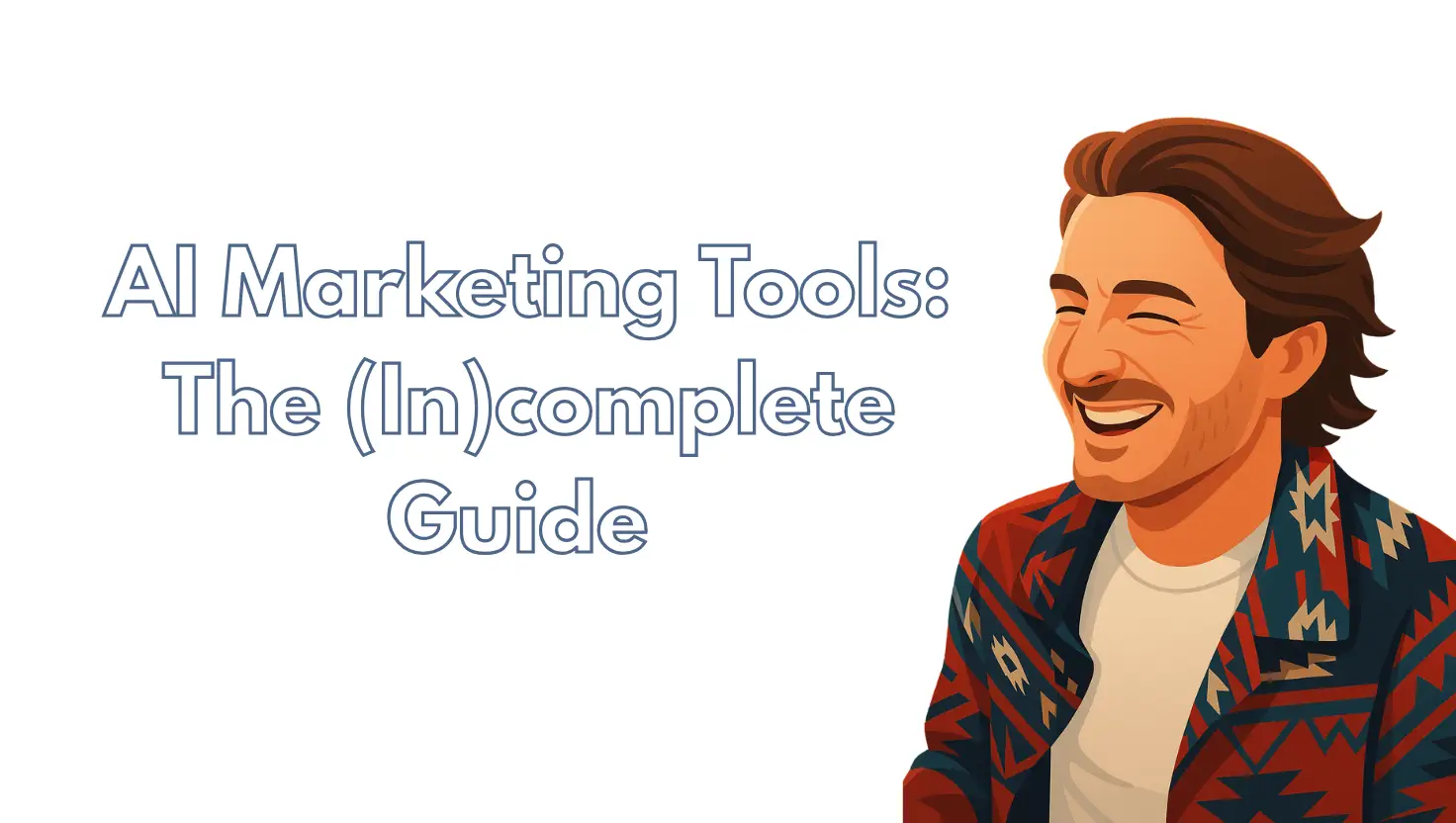The search engine landscape is rapidly evolving, and the introduction of advanced AI technologies is reshaping how we interact with information online. One of the most groundbreaking developments in this field is SearchGPT. In this article, we will explore what SearchGPT is, how it works, and its potential impact on the future of Search Engine Optimization (SEO).
What Is SearchGPT Search Engine?
SearchGPT is an advanced AI-powered search engine developed by OpenAI. It leverages the capabilities of the GPT (Generative Pre-trained Transformer) architecture to provide more accurate, context-aware, and personalized search results. Unlike traditional search engines that rely heavily on keyword matching, SearchGPT understands the context and intent behind search queries, delivering more relevant and comprehensive results.
How SearchGPT Works
SearchGPT uses a combination of natural language processing (NLP) and machine learning algorithms to interpret and respond to user queries. By analyzing vast amounts of data and learning from various sources, it can generate human-like responses that are tailored to the user’s specific needs. According to an article on The Verge, “OpenAI’s SearchGPT aims to challenge the dominance of traditional search engines like Google by offering a more intuitive and contextually aware search experience” .
Main Features of SearchGPT Search Engine
SearchGPT, developed by OpenAI, is revolutionizing the search engine landscape with its advanced AI capabilities. Here are the main features that set SearchGPT apart from traditional search engines:
1. Natural Language Processing (NLP)
SearchGPT leverages sophisticated NLP techniques to understand and process user queries in natural language. This allows the search engine to interpret the context and intent behind search queries, providing more accurate and relevant results. Unlike traditional keyword-based search engines, SearchGPT can understand nuanced language and complex queries.
2. Contextual Understanding
One of the standout features of SearchGPT is its ability to grasp the context of a search query. It doesn’t just look for keyword matches but considers the overall meaning and intent. This results in more meaningful search results that are closely aligned with what the user is actually looking for.
3. Personalization
SearchGPT can personalize search results based on user preferences and past behavior. By learning from previous interactions, the search engine can tailor results to match the specific needs and interests of each user. This leads to a more customized and satisfying search experience.
4. Comprehensive Answers
Instead of providing a list of links, SearchGPT can generate comprehensive answers to queries. This feature is particularly useful for users looking for quick and concise information. According to BundleIQ, “SearchGPT is set to revolutionize how users interact with search engines by providing answers that are not only accurate but also contextually relevant.”
5. Integration with Various Data Sources
SearchGPT pulls information from a wide range of sources, ensuring that the results are both diverse and reliable. This integration helps provide users with well-rounded answers and reduces the need to cross-check information from multiple websites.
6. Advanced Machine Learning Algorithms
SearchGPT utilizes cutting-edge machine learning algorithms to continuously improve its search capabilities. By analyzing vast amounts of data, the engine learns and adapts, becoming more efficient at understanding and responding to user queries over time.
7. Enhanced User Interface
The user interface of SearchGPT is designed to be intuitive and user-friendly. It presents information in a clear and organized manner, making it easy for users to find what they need quickly. The interface also supports interactive elements, such as follow-up questions and clarifications, to refine search results further.
8. High-Quality and Authoritative Sources
SearchGPT prioritizes content from high-quality, authoritative sources, ensuring that users receive trustworthy information. This focus aligns with Google’s EAT (Expertise, Authoritativeness, Trustworthiness) standards, enhancing the credibility of the search results.
9. Multilingual Support
SearchGPT supports multiple languages, making it accessible to a global audience. This feature enables users from different linguistic backgrounds to benefit from the advanced search capabilities of SearchGPT.
10. Continuous Updates and Improvements
OpenAI is committed to continually updating and improving SearchGPT. Regular updates ensure that the search engine remains at the forefront of technology, incorporating the latest advancements in AI and machine learning.
SearchGPT’s main features—ranging from natural language processing and contextual understanding to personalization and integration with authoritative sources—set it apart as a next-generation search engine. By focusing on providing accurate, relevant, and comprehensive answers, SearchGPT is poised to significantly impact how we search for and interact with information online.
The Impact of SearchGPT on SEO
The introduction of SearchGPT has significant implications for the future of SEO. Here are some key areas where it is expected to make a substantial impact:
Enhanced User Experience
SearchGPT’s ability to understand natural language and context means that users will receive more accurate and relevant search results. This improvement in user experience will likely lead to higher user satisfaction and engagement.
Shift in SEO Strategies
Traditional SEO strategies have largely focused on keyword optimization and backlink building. However, with SearchGPT, there will be a greater emphasis on creating high-quality, context-rich content. SEO experts will need to adapt by focusing more on content that addresses user intent and provides valuable information. This shift will require a deeper understanding of audience behavior and search patterns.
Increased Importance of EAT Standards
With the rise of AI-driven search engines like SearchGPT, Google’s EAT (Expertise, Authoritativeness, Trustworthiness) standards will become even more critical. High-quality content from reputable sources will be prioritized, making it essential for websites to establish their authority and credibility. Incorporating expert opinions, citing reputable sources, and maintaining a professional tone will be key to ranking well in search results.
Examples of Data and Trends
To illustrate the potential impact of SearchGPT on SEO, let’s look at some data and trends from recent studies:
- A study by SEMrush found that 70% of users prefer search results that provide comprehensive answers to their queries rather than a list of links.
- Research by Backlinko indicates that pages with higher EAT scores tend to rank better in search results, highlighting the importance of content quality and authority.
- According to Moz, the rise of AI in search engines will likely lead to a decline in traditional keyword-based SEO practices and a shift towards more holistic content strategies.
Conclusion
The advent of SearchGPT represents a significant shift in the search engine landscape. By offering a more intuitive and contextually aware search experience, it has the potential to reshape SEO strategies and prioritize high-quality, user-focused content, especially phrased queries. In summary, understanding “What Is SearchGPT Search Engine” and its implications for SEO is crucial for staying ahead in the digital marketing landscape. By focusing on creating valuable, context-rich content and adhering to EAT standards, businesses can position themselves for success in this new era of search.




